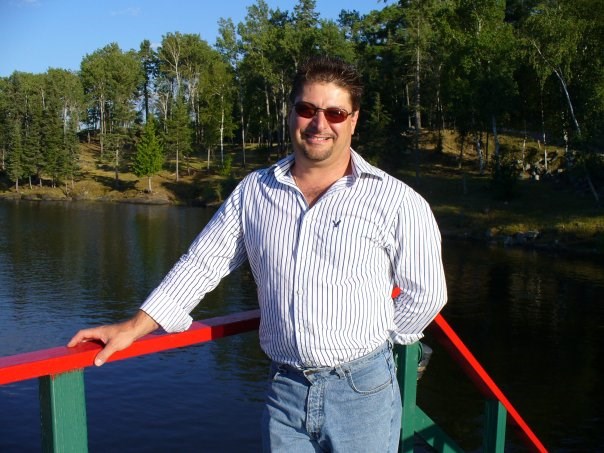DRYDEN – Whether it’s because the three popular parties have had longevity and influence in Canadian history or because these parties have the amount of campaign funding to capture a mainstream audience, the fact remains that parties like Consensus Ontario exist to offer an alternative perspective on politics.
Formed in 2016, the Consensus Ontario operates by considering the majority opinions on issues raised by the community. To perform this task, party representatives ask random voters their basic needs and wants for their community. The Consensus Party provides that resolution as a viable way to ensure voters can see results.
For instance, policy decisions on education, health care, and economic development would be up to the public to vote on these matters, and the majority would dictate the policy. If the public wants a mask mandate for schools, they get a mask mandate. If the people don’t want electric vehicle stations in their community, the consensus favours the majority.
Consensus Party candidate Richard A. Jonasson, born in Dryden, where he spent the majority of his life, has been a prominent member of the Dryden community for his entire life.
Jonasson is a local business owner. He served the community as vice-chair of the Dryden District Chamber of Commerce and the Dryden Representative of the Northwestern Ontario Associated Chambers of Commerce.
He ran for Dryden’s city council in 2021, where Jonasson boosted, “as a resident of Dryden for over 30 years, and a local business owner, I discovered that running a successful business in our community takes a lot of vision, innovation, hard work, and financial responsibility. I hope to use these tools to help the city prioritize spending, ensure fiscal accountability, and encourage incentives to promote the growth of our local businesses and our local economy.”
Unfortunately, he did not get to sit in the city council chair.
But that doesn’t deter Jonasson from trying to get into the seat at Queen’s Park.
In an interview with Jonasson, this is what he had to say about his Northern Platform.
(Q) What troubles you about our education system in Ontario, and how do you plan on fixing those issues?
Jonasson: Voters at the door tell us they believe our education system may not adequately prepare students for adult life and the workplace. Many parents want to ensure that girls receive the same opportunities as boys. Whether it is STEM or trade apprenticeships, the needs of the majority of voters must be considered to make the right policies.
(Q) I would like to ask you about your plans for health care. Since the pandemic, there has been a considerable about of information on the pitfalls of our health care system on all fronts. For example, a shortage of medical professionals in the remote regions of Northern Ontario, travelling great distances to see a specialist for urgent medical care, and a lack of resources and equipment.
Jonasson: Consensus Ontario realizes there are problems with a lack of doctors and nurses in our health care system. Voters need a family doctor to access the health care system, so we would take steps to increase the number of doctors and nurses in ridings where shortages exist. We believe we need to have a serious discussion about allowing more private services to be offered to those willing to pay to reduce wait times for everyone else. We have no position either way on this - it is up to what the majority of voters want to be done.
(Q) Nurses and PSWs feel that they are grossly unpaid. Do you think a cost-of-living increase for nurses and PSW is significant, or is there another way to meet those needs?
Jonasson: Consensus Ontario believes that pay is a tool to recruit and retain such staff and this varies riding to riding, town to town. Local pay must reflect local conditions.
(Q) One of the most significant problems during the beginning of the pandemic was long-term care- homes and the lack of prevention of COVID outbreaks. What measures could be implemented to ensure respect for seniors in long-term care in your riding?
Jonasson: Consensus Ontario believes the Ford Government screwed up big time by eliminating nursing home inspections in 2019. Voters tell us they expect a regular and random inspection of all facilities will be carried out with penalties attached to fix what is wrong and provide seniors with a respectful living arrangement in their final years.
(Q) It is said, there is a massive housing crisis in the province. How does the lack of homes affect your district? How would you address this crisis? Is it a matter of building more houses, or do you think the mortgage rate is a barrier?
Jonasson: Consensus Ontario believes the housing crisis is essentially a supply-driven issue, so increasing the housing supply will, over time, level off housing prices. Also, interest rates have been too low for too long, and that artificiality has led homebuyers to spend more than their financial situation permits. The result has been a spike in prices. We believe that first-time homebuyers could benefit from the government allowing for co-purchasing of homes, with first-time buyers bringing in a co-purchaser to invest in the property. This could be a relative, a friend, a private company, or the provincial government. When the property is eventually sold, the co-purchasers will share any growth in the property’s value.
